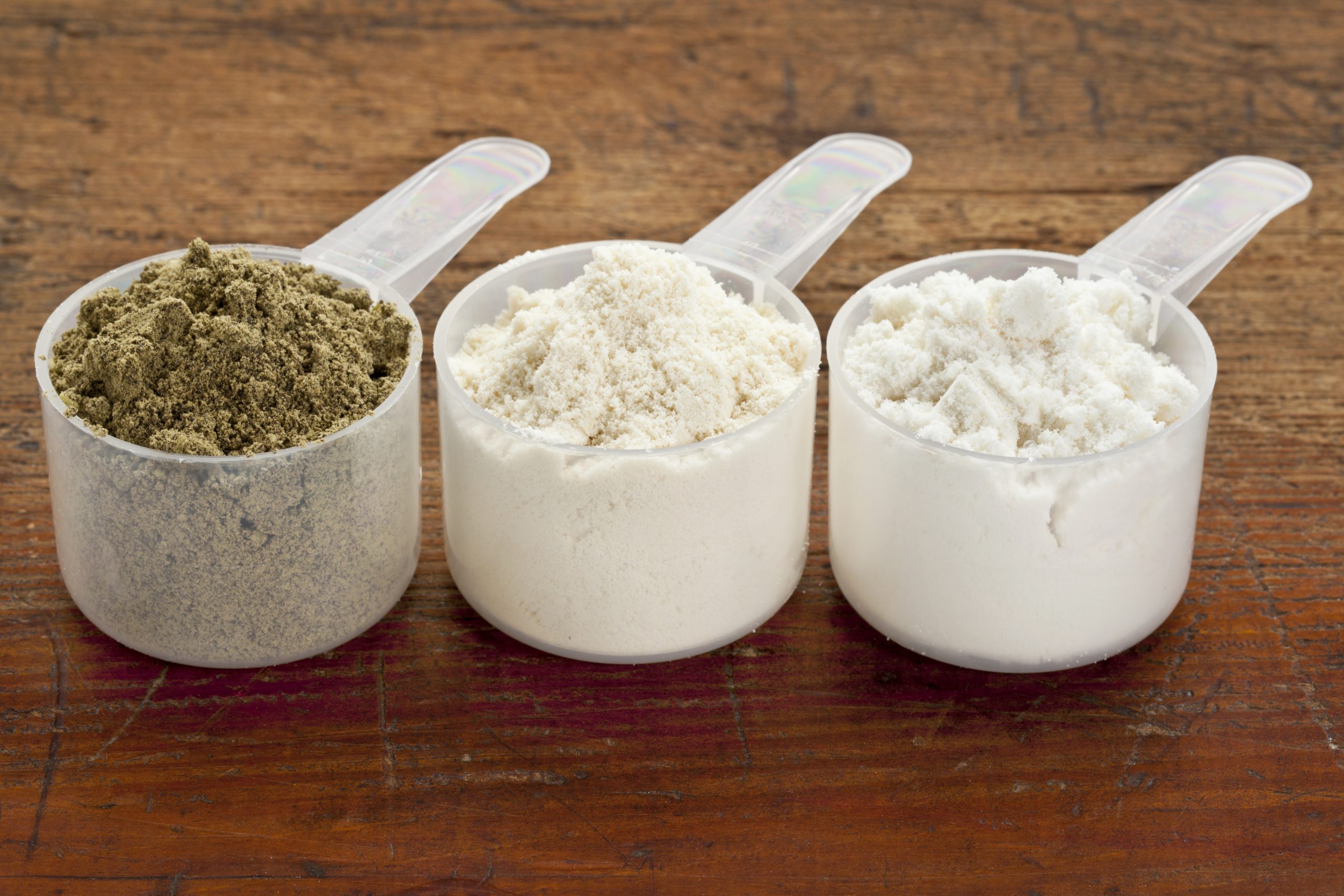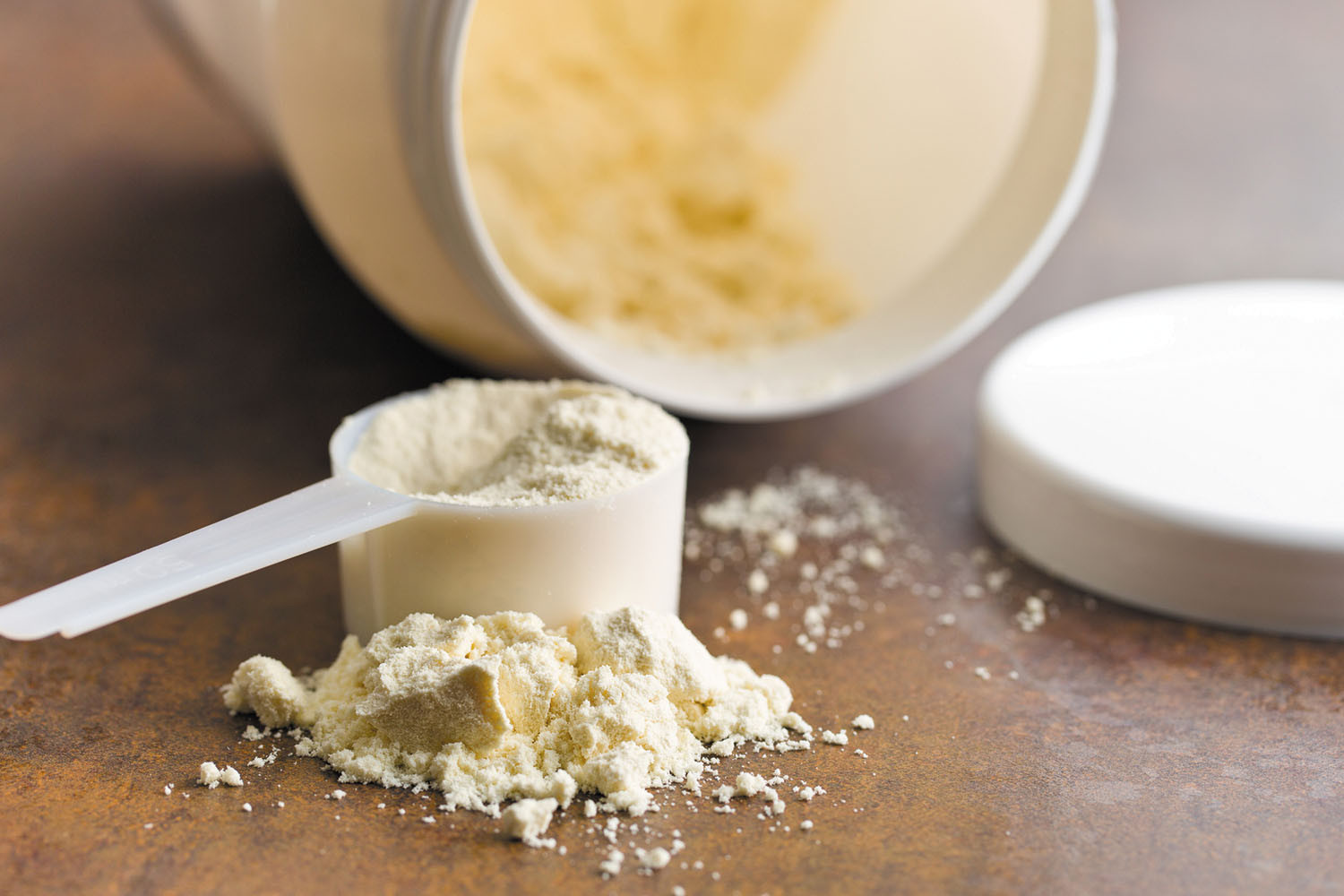Is a protein supplement necessary?
Powdered protein. They’re ubiquitous, quick, and simple! Even though the sector has had growth in the past, it is now valued at 28 billion dollars and is expected to reach 45 billion or more by 2020. How come everyone seems to be grabbing for the scoop in the enormous container?
Why Protein Matters
Every cell in your body uses protein, which is a necessary macronutrient. Building and repairing tissue is the main function of proteins. This is particularly true for those who exercise since working out causes tiny micro-rips in your muscles. The muscle may then become stronger because your body utilizes protein to create and mend the tissue in those tiny microchips. However, because the body cannot store protein, it is crucial to regularly ingest sufficient quantities of it. Protein in meals makes you feel fuller for longer and more satisfied on a biochemical level.

Can I Get Too Much?
Indeed! The need for additional protein in the diet is something I hear all the time. More protein, please! However, the fact is that if you eat a lot of protein, your body may simply eliminate it via your urine. When taking a supplement and a lot of food protein at the same time, it’s possible that the supplement is just being eliminated from your body rather than doing any benefit. Additionally, protein may be harder for the kidneys to remove from the body and is more difficult for the body to digest. Your main source of protein should come from eating enough high-quality, whole foods such as meat, chicken, fish, nuts, and beans.
Do I need a supplement?
When a mom’s life becomes too hectic to stop and eat, having a high-quality protein supplement on hand may be a smart option for a fast snack, a way to add protein to meals, and an excellent backup plan. However, it is not a good idea to depend on protein powders to satisfy your nutritional requirements or to believe that consuming a protein shake would make up for other unhealthy eating habits. Getting your nutrients from healthy, unadulterated meals should always be your priority.

However, which one?
Selecting the best supplement for you might be challenging since there are so many available. Animal-based and plant-based protein powders are the two primary categories you’ll encounter. Since animal-based protein powders (whey and casein) are known to cause some bloating and intolerance for those who may be lactose intolerant, plant-based is the recommended option. If you decide to go this route, seek powders that state that they are cold-processed, hormone-free, grass-fed, have been tested low for heavy metals, and don’t include sucralose. These powders also tend to be highly processed.
Plant-based protein powders are less likely to include artificial sweeteners and do not produce bloat as animal-based powders do. Furthermore, studies have shown that these powders work just as well as whey or casein-based formulations in encouraging the growth of muscle. To ensure you are receiving the most value for your money, look for rice, hemp, or pea powders (or perhaps a combination!) in addition to other plants or sprouts. Examine the ingredients to be sure there are no artificial sweeteners added.
Conclusion: Having a plant-based protein powder on hand to cover any gaps is a good idea, but don’t depend on it every day. You’ll notice that we don’t use protein supplements in our recipes. We use healthy, natural, earth-based ingredients in all of our dishes. However, our recipes often incorporate additional omega-3s from chia and flaxseed.
How about your children?
Only if they aren’t receiving enough protein is it a good idea to take a supplement. The majority of children get enough amounts of protein but not enough fruits and vegetables. There hasn’t been much study on protein supplements in children outside of illness treatment, so talk to your physician about it.

